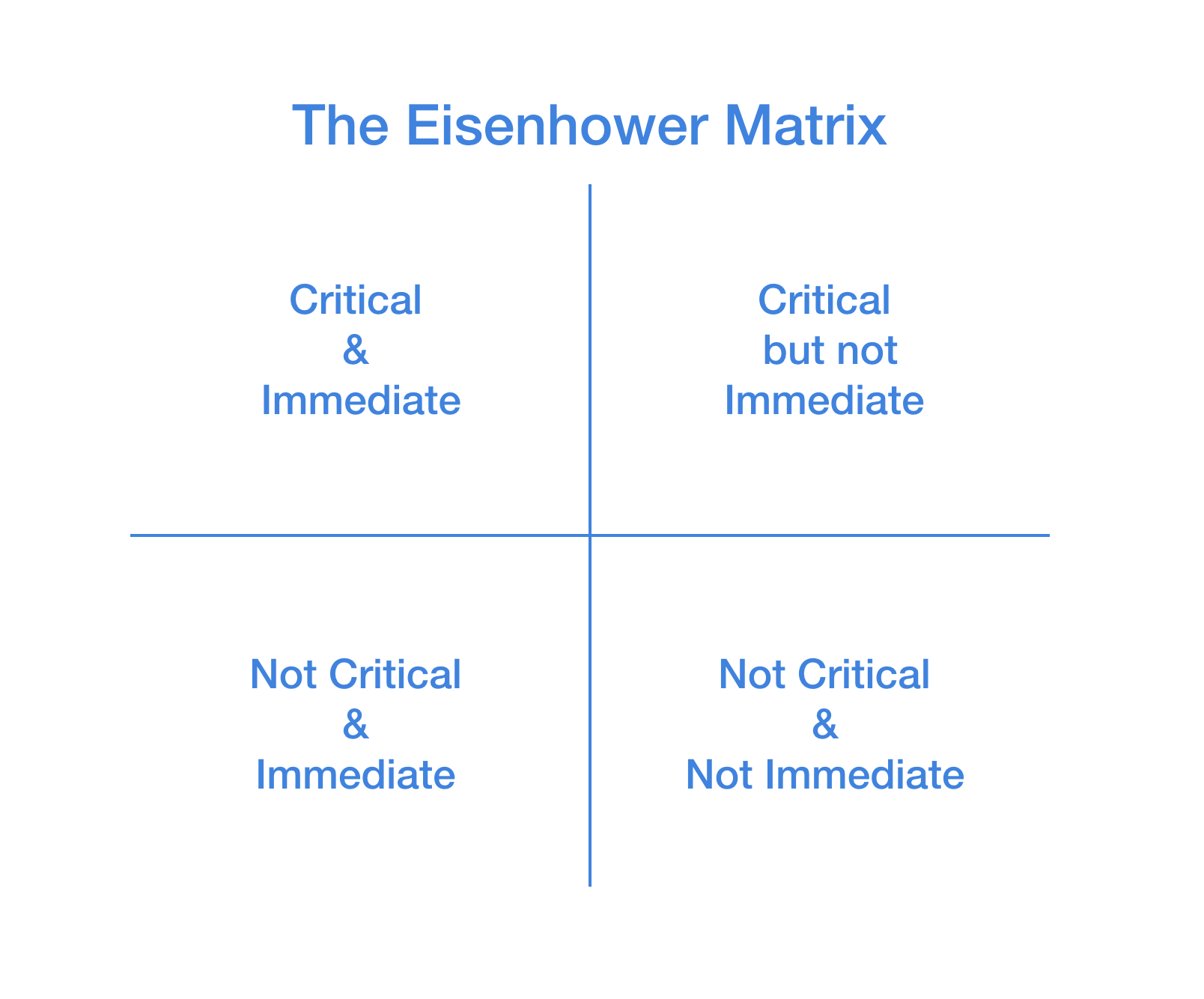 Management Success is Not a Question of Personality
Management Success is Not a Question of Personality
No matter what industry or department, the quality of management is one of the biggest factors in the success of a company. Being a manager is not an easy task, but while not everyone may be excited at the prospect of managing other people, one very important thing is true. Management success does not come down to personality. Management is about so much more than having the “personality of a leader” or being “charismatic.” While those inclined to leadership may find the job more enjoyable than than others would, no one can expect to succeed as a manager on personality alone. Why is this? Because the role of the manager is to direct a team and unleash the talent that already exists. Managers must make tough decisions for the good of the company but also act in a way that supports their team. A manager who relies only on their charismatic personality may initially be successful, but when challenging times come, this bravado will fall flat. Not only is management an art, but it is also a science with concrete practices that lead to success.
Factors in Management Success
While attaining management success is by now means easy, it can help to review practical factors that successful managers focus on as they strive to bring value to their team and their company:
Smart Managers Have SMART Goals
A huge part of being a manager is maintaining the team’s goals. Being too lofty with goals is important to avoid. A manager may be able to inspire their team to try to accomplish these goals. However, once it becomes clear that these goals are unsustainable, team morale and motivation will take a hit. Conversely, it is equally disastrous not to reach high enough. While the goals will be easily accomplished, the team will will enthusiasm without an exciting challenge. But the question of maintaining correct goals does not only hinge around finding out how high to aim, there are other considerations as well. A great practice for management success is to go over the SMART criteria:
To learn more, watch this video on the subject:
Successful Managers Promote Feedback as a Valuable Resource
Being able to give feedback in a constructive way is very important for a manager. Feedback is a constant opportunity to do better and come closer to success. Because of this, it is important to present opportunities for feedback in this manner. As a start, it is a good practice for managers to work on building commendation around any critiques as this will keep the feedback process focused on how individual performance relates to success. Think of it as a feedback sandwich, like so:
In addition, it is important that criticism is grounded in context. This way, the discussion is about facts and not feelings. And always remember, the best managers are open to hearing feedback from their team as well. After all, if feedback is so integral to success, it should be a two-way street! Every now and then, managers should ask their your team members “tell me something I don’t want to hear.” This gives employees an opportunity to challenge areas where managers may be thinking in unrealistic or mistaken terms. Managers should also be sure to ask their team members what they can do differently to help them. Every person may need different things and this will help managers understand what makes each of their employees tick.
Successful Managers are not Distant
There are a lot of conflicting opinions about how close managers should get to their team members. No one feels comfortable with the manager that wants to act like everyone’s best friend. However, people don’t stop wanting connection with other humans after they walk into the office every morning. This doesn’t mean that managers need to go camping with their employees or immediately invite the team to their wedding but it is important to remember that people like to understand other people. If teams feel that their managers shuts down every opportunity to connect with them individually, this will not lead to a happy or productive team culture. There are many factors that influence how close managers should get to their team, and each one will have to figure this out for themselves, but the balance is somewhere in the middle.
Prioritization Increases Management Success
Prioritization separates the stuff that will impact success from what won’t. Managers are responsible for making decisions around where the team should focus their efforts. These decisions greatly depend on the company. However conceptualizing and conveying priorities can be difficult especially when these priorities are often in flux. However, doing so prevents managers from looking at the work that their team did over a given period and realizing that unimportant things were taken care of while important things were left to catch on fire. Managers should try to get concretes priorities from their own supervisor as often as possible and then try plotting them out using the Eisenhower Matrix:
Once they have done this, they should look at all of the team’s projects and responsibilities and categorize them according to the given criteria. This will help them make the best decision on where team focus should be.
To learn more about the Eisenhower Method and how managers can benefit, watch this video:
Find the Right Tools for Management Success
In order to be successful, teams need the right tools. Consider whether there are any gaps here and see if there are any programs to fill those gaps. For example, many managers find that basic business tools do not sufficiently clear up confusion around who is doing what and why. Not only does Priority Matrix use the Eisenhower methodology mentioned above, but it also provides visibility, accountability and communication across projects and people so that the team can work together more effectively. You can try Priority Matrix for Managers, here.
Conclusion
While the management role is challenging, it can also be very rewarding. You have an incredible opportunity to impact your team members’ professional success and happiness. You can directly impact how well your company retains its best talent and use the knowledge you have gained in your career to develop people. Even if you never saw yourself as a leader before, successful management comes down to a few good practices, a lot of humanity and the willingness to do your best for the team!
 Management Success is Not a Question of Personality
Management Success is Not a Question of Personality

